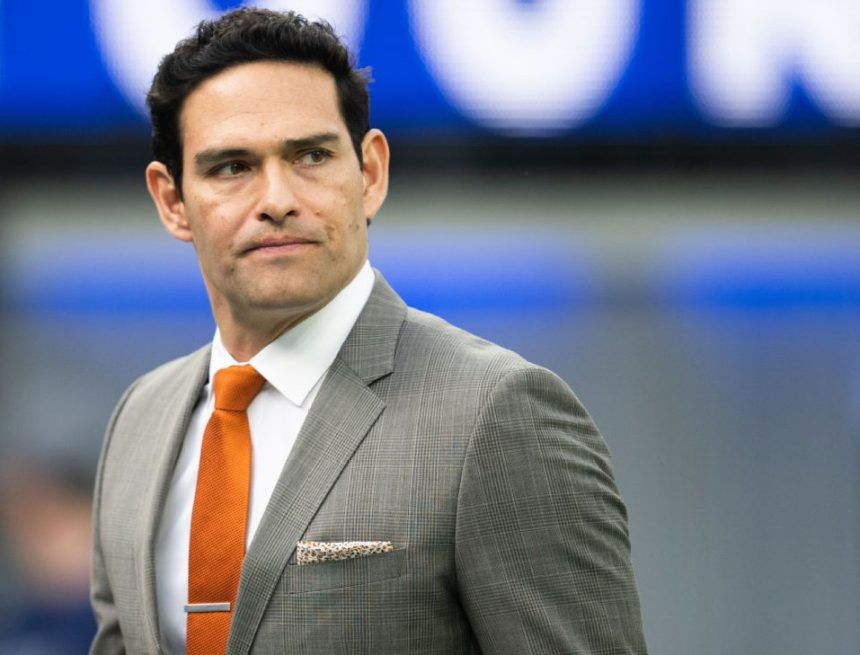The annual United Nations climate conference has ended with an agreement that urges action to address global warming, but falls short of endorsing a phase-out of fossil fuels.
After two weeks of heated debates, meetings and negotiations at the COP30 summit in the Brazilian city of Belem, world leaders on Saturday agreed to a deal that calls for countries to “significantly accelerate and scale up climate action worldwide”.
Recommended Stories
list of 3 itemsend of list
The text lays out a series of promises and measures – including a call for developed countries to triple their funding to help poorer nations respond to the crisis – but makes no mention of a fossil fuel phase-out.
Dozens of states had been calling forthe COP30 deal to lay out a framework to ease away from their reliance on oil, gas and coal – the major drivers of the climate crisis – but several countries that rely on fossil fuels had pushed back.
While observers say the deal marks a step forward in the world’s effort to address climate breakdown, several have argued that COP30 fell short of expectations.
Here’s a look at how some world leaders and climate advocates have reacted to the agreement.
COP30 President Andre Aranha Correa do Lago
“We know some of you had greater ambitions for some of the issues at hand. I know that you, civil society, will demand us to do more to fight climate change. I want to reaffirm that I will try not to disappoint you during my presidency,” he said during Saturday’s closing session.
“As [Brazilian] President [Luiz Inacio Lula da Silva] said at the opening of this COP, we need roadmaps so that humanity – in a just and planned manner – can overcome its dependence on fossil fuels, halt and reverse deforestation and mobilise resources for these purposes,” he said.
“I, as president of COP30, will therefore create two roadmaps: One on halting and reverting [reversing] deforestation and another to transitioning away from fossil fuels in a just, orderly and equitable manner.”
UN Secretary-General Antonio Guterres
“COP30 has delivered progress,” Guterres said in a statement, including the call to triple climate adaptation financing and recognition that the world is going to surpass the 1.5 degrees Celsius (2.7 degrees Fahrenheit) target for global warming set under the Paris Agreement.
“But COPs are consensus-based – and in a period of geopolitical divides, consensus is ever harder to reach. I cannot pretend that COP30 has delivered everything that is needed. The gap between where we are and what science demands remains dangerously wide,” the UN chief said.
“I understand many may feel dissapointed [sic] – especially young people, Indigenous Peoples and those living through climate chaos. The reality of overshoot is a stark warning: We are approaching dangerous and irreversible tipping points,” he added.

Wopke Hoekstra, European Union climate commissioner
“We’re not going to hide the fact that we would have preferred to have more, to have more ambition on everything,” Hoekstra told reporters.
“It is not perfect, but it is a hugely important step in the right direction.”
Colombian President Gustavo Petro
“I do not accept that the COP30 declaration does not clearly state, as science does, that the cause of the climate crisis is the fossil fuels used by capital. If that is not stated, everything else is hypocrisy,” Petro wrote on social media.
“Life on the planet, including our own, is only possible if we separate ourselves from oil, coal, and natural gas as energy sources; science has determined this, and I am not blind to science.
“Colombia opposes a COP30 declaration that does not tell the world the scientific truth.”
Cuban Foreign Minister Bruno Rodriguez Parrilla
“While the results fell short of expectations, the Belem COP strengthens and demonstrates the importance of multilateralism in addressing major global challenges such as combating #climatechange,” he wrote on X.
“Among its key outcomes are the call for developed countries to provide climate finance for adaptation in developing countries, at least tripling current levels by 2035; the establishment of a mechanism to support our countries in just transitions; and the commitment from developed countries to fulfill their obligations under the Paris Agreement.”
China
“I’m happy with the outcome,” Li Gao, head of China’s delegation at COP30, told the AFP news agency.
“We achieved this success in a very difficult situation, so it shows that the international community would like to show solidarity and make joint efforts to address climate change.”
Alliance of Small Island States
A group representing the interests of 39 small island and low-lying coastal states described the deal as “imperfect” but said it nevertheless was a step towards “progress”.
“Ultimately, this is the push and pull of multilateralism. The opportunity for all countries to be heard and to listen to each other’s perspectives, to collaborate, build bridges, and reach common ground,” the Alliance of Small Island States said in a statement.
Amnesty International
Ann Harrison, climate justice adviser at Amnesty International, noted that COP30 host Brazil had promised to make sure “every voice is heard and made strenuous efforts to broaden participation, which should be replicated”.
“Yet the lack of participatory, inclusive, and transparent negotiations left both civil society and Indigenous Peoples, who answered the global mutirao [working together] call in large numbers, out of the real decision making,” Harrison said in a statement.
Still, she said “people power” had helped achieve “a commitment to develop a Just Transition mechanism that will streamline and coordinate ongoing and future efforts to protect the rights of workers, other individuals and communities affected by fossil fuel phase out”.
Oxfam
Viviana Santiago, executive director of Oxfam Brasil, said COP30 “offered a spark of hope but far more heartbreak, as the ambition of global leaders continues to fall short of what is needed for a liveable planet”.
“A truly just transition requires those who built their fortunes on fossil fuels to move first and fastest – and provide finance in the form of grants, not loans, so front-line communities can do the same. Instead, the poorest countries already in debt are being told to transition faster, with fewer funds,” Santiago said.
“The spark of hope lies in the proposed Belem Action Mechanism, which puts workers’ rights and justice at the centre of the shift away from fossil fuels. But without financing from rich countries, the just energy transition risks becoming stalled in many countries.”


